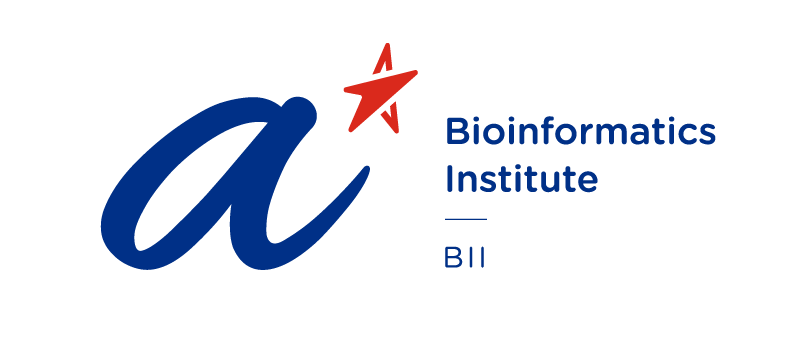Tan SY
Association of SARS-CoV-2 clades with clinical, inflammatory and virologic outcomes: An observational study
Host determinants of severe coronavirus disease 2019 include advanced age, comorbidities and male sex. Virologic factors may also be important in determining clinical outcome and transmission rates, but limited patient-level data is available.
ReadHuman neutralising antibodies elicited by SARS-CoV-2 non-D614G variants offer cross-protection against the SARS-CoV-2 D614G variant
Objectives: The emergence of a SARS-CoV-2 variant with a point mutation in the spike (S) protein, D614G, has taken precedence over the original Wuhan isolate by May 2020. With an increased infection and transmission rate, it is imperative to determine whether antibodies induced against the D614 isolate may cross-neutralise against the G614 variant.
ReadEffects of a major deletion in the SARS-CoV-2 genome on the severity of infection and the inflammatory response: an observational cohort study
Severe acute respiratory syndrome coronavirus 2 (SARS-CoV-2) variants with a 382-nucleotide deletion (∆382) in the open reading frame 8 (ORF8) region of the genome have been detected in Singapore and other countries. We investigated the effect of this deletion on the clinical features of infection.
ReadDiscovery and Genomic Characterization of a 382-Nucleotide Deletion in ORF7b and ORF8 during the Early Evolution of SARS-CoV-2
To date, limited genetic changes in the severe acute respiratory syndrome coronavirus 2 (SARS-CoV-2) genome have been described. Here, we report a 382-nucleotide (nt) deletion in SARS-CoV-2 that truncates open reading frame 7b (ORF7b) and ORF8, removing the ORF8 transcription regulatory sequence (TRS) and eliminating ORF8 transcription.
ReadOncogenic activation of STAT3 pathway drives PD-L1 expression in natural killer/T cell lymphoma.
Mature T-cell lymphomas, including peripheral T-cell lymphoma (PTCL) and extranodal NK/T-cell lymphoma (NKTL), represent a heterogeneous group of non-Hodgkin lymphomas with dismal outcomes and limited treatment options. To determine the extent of involvement of JAK/STAT pathway in this malignancy, we performed targeted capture sequencing of 188 genes in this pathway in 171 PTCL and NKTL cases.
Read